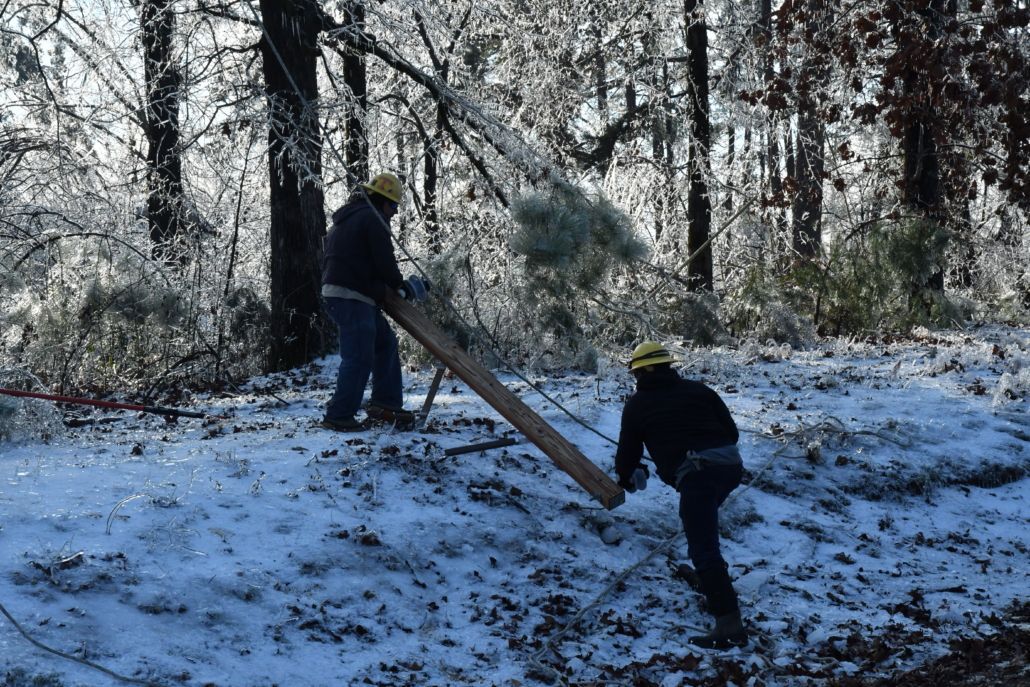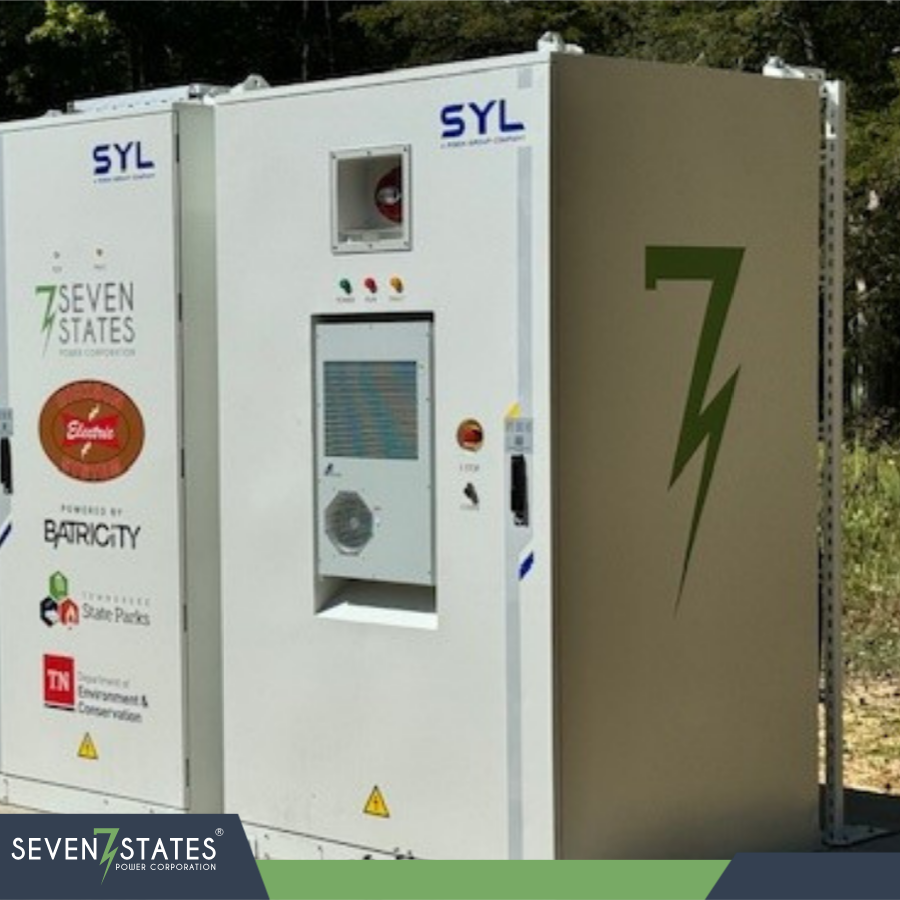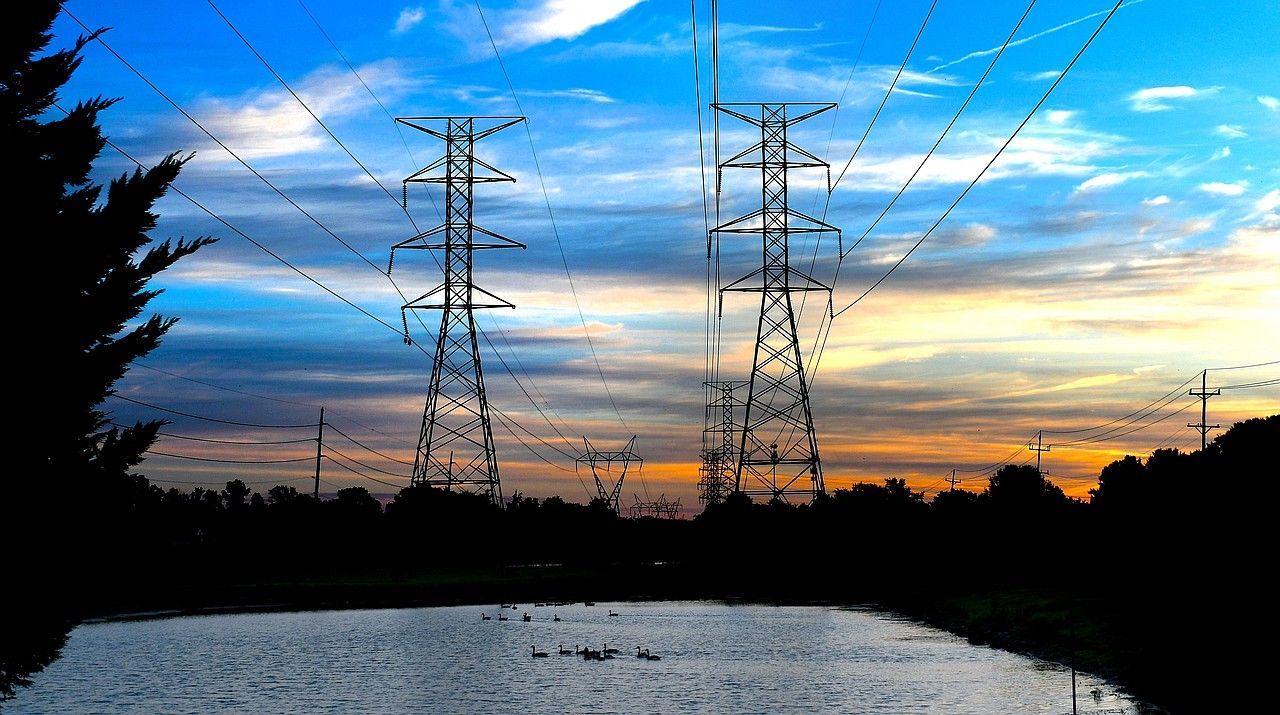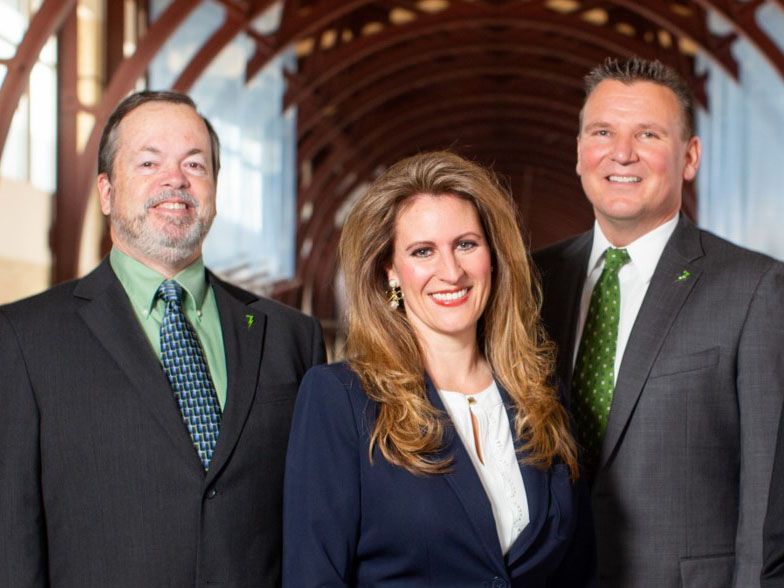



As the demands for Distributed Energy Resources (DER) and renewable energy options continue to increase throughout the Valley, so does the need for a trusted energy solutions advisor who can guide local power companies as they evaluate the range of innovative technologies and environmentally conscious energy solutions available to them.
The launch of Seven States Power Corporation as an independent, self-sustaining business means that members and their consumers now have access to a staff of three pros with extensive industry experience, dedicated full-time to the delivery of, cost-effective energy solutions.
Led by President & CEO Betsey Kirk McCall, the team is comprised of two engineers and a lawyer – each an experienced professional with in-depth knowledge of their area of expertise as well as extensive experience working with power distributors in the Tennessee Valley. Vice President of Sustainability & Energy Resilience, Steve Noe led last year’s Project Liftoff efforts, a collaboration between Seven States Power Corporation, Huntsville Utilities and the U.S. Space and Rocket Center that combined solar generation with EV charging and battery storage for a the first-of-its-kind installation. Noe is currently engaged with local power companies in the development and deployment of solar generation including a unique solar generation partnership between Appalachian Electric Cooperative, New Market, Tenn., and Morristown Utilities Commission, Morristown, Tenn.
With more than two decades of experience in the public power industry, Senior Vice President of Engineering & Market Innovation, Clint Wilson leads Seven States Power’s efforts related to emerging technologies, research and innovation. He manages the load curtailment, aggregation and demand response programs as well as a new electric ride-through technology system.
Recently, Wilson has headed up efforts to create a roadmap for middle mile fiber connectivity which can empower local power companies in their efforts to improve operational efficiencies and reliability, and deliver affordable, high-speed fiber throughout the Valley.
McCall, who began driving the direction for Seven States Power just three years ago, has been recognized for setting Seven States Power on a structured and focused course. The first woman to lead an energy solutions company in the Tennessee Valley, she brings a strong background in contract law, negotiation and project management. By establishing a clarity of mission for Seven States Power with a focus on partnerships, McCall has empowered the rest of the Seven States team to deliver on robust product offerings including solar generation, EV charging infrastructure, load management systems, and middle mile fiber.
Over the past year, Seven States Power’s team has spent countless hours and miles on the road, in the midst of a pandemic, supporting LPCs in their quest to meet the demand for solar, battery storage, electric vehicles and charging options in their communities. By February of 2021, the team had supported the installation of over 80 new EV chargers in the Valley and helped in the delivery of new and innovative options for LPCs such as the new electric ride-through technology system.
As TVA provides a pathway for up to 5 percent self-generation of power through its Long-Term Partnership Agreement, and Seven States Power members continue to respond to their consumers’ demand for renewable and distributed energy resources, Seven States Power is working in tandem with both parties to deliver cleaner, greener energy to the Valley. As the only Valley-based energy solutions advisor, Seven States Power brings a deep knowledge of the region and an ability to tailor each project to the specific needs and challengers of its members. By acting as an extension of LPC staff, Seven States Power can take projects from research to implementation, delivering true “concept-to-completion” projects in the most cost-efficient manner that also allows LPCs to stay focused on their core business and keep their dollars in the Valley.
